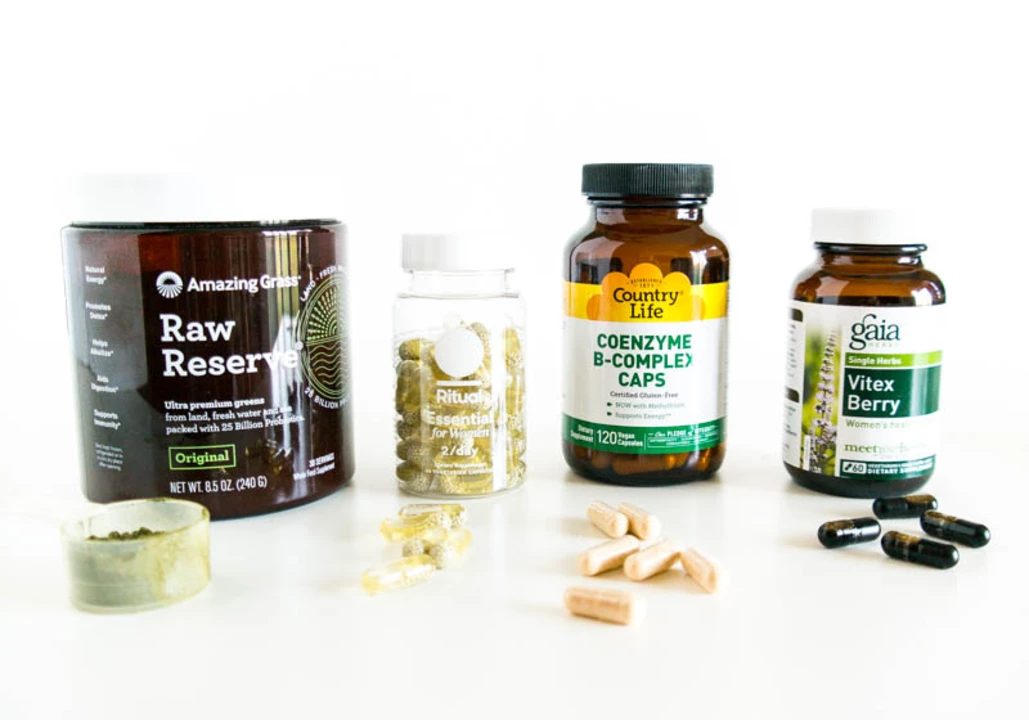Dietary Supplements: What Works, What’s Risky, and How to Choose
Surveys show about half of adults take at least one dietary supplement. That makes sense: pills and powders promise quick health boosts. But not every product helps, and some can harm when mixed with prescription drugs. This guide gives practical steps to pick safer supplements and use them wisely.
How to pick a safe supplement
Start by checking the label. Look for the exact active ingredient, dose, and the percent of the daily value. Prefer brands that list third-party testing like USP, NSF, or ConsumerLab. Those seals reduce risk but don’t guarantee benefit.
Buy from reputable sellers. Avoid unknown online shops with flashy ads and low prices. If you order online, check for clear contact info, return policies, and customer reviews. Our site reviews products like Pu-Erh tea and Strophanthus if you want background on natural options.
Watch for unrealistic claims. “Cures,” “detoxes,” or “rapid weight loss” are red flags. A real supplement supports a specific need—low vitamin D, iron-deficiency, or digestion—not a miracle fix.
Common supplements and who may need them
Vitamin D: Many adults have low levels, especially those with limited sun exposure. A blood test helps find the right dose. Fat-soluble vitamins like D and A can build up, so don’t exceed recommended amounts without a doctor.
Folate (folic acid): Recommended for women planning pregnancy to lower neural tube defect risk. Iron: Useful when a blood test shows anemia. B12: Older adults and people on certain acid-blocking drugs often need B12 supplements.
Herbal supplements: Things like Pu-Erh tea or traditional herbs such as Water Dock and Strophanthus carry active compounds. They may help, but standardization and safety data vary. Use them cautiously and discuss them with a clinician.
Interactions and timing matter. Vitamin K can affect warfarin; high-dose vitamin E and some herbal extracts can increase bleeding risk. Stagger doses if a supplement affects absorption—iron and calcium interfere with some antibiotics and thyroid meds.
Keep records. Write down every supplement and dose and share that list with your doctor or pharmacist. That simple step prevents unwanted interactions and helps tailor tests like liver enzymes or blood clotting if needed.
Store supplements in a cool, dry place, keep original packaging, and discard after the expiration date. If a product smells off or looks discolored, toss it.
If you’re unsure, ask for a blood test before starting a daily supplement. A targeted approach—treating a measured deficiency—is safer and often cheaper than taking multiple pills “just in case.”
Read the Supplement Facts panel like a nutrition label. Check serving size, amount per serving, and other ingredients like fillers or added sugars. Prefer single-ingredient products if you only need one nutrient. Multi-ingredient blends can hide low doses and raise interaction risk.
If you notice new symptoms after starting a supplement, stop and talk to your doctor. Report bad reactions to your health authority or the manufacturer. Pharmacists can often point out dangerous interactions and suggest safer choices based on your medications.
Experience the Magic of Greater Burnet: The Best-Kept Secret in Dietary Supplements
Recently, I discovered the magic of Greater Burnet, a best-kept secret in dietary supplements world. This incredible herb, native to Europe and Asia, has been used for centuries to promote health and wellness. Packed with antioxidants, it offers numerous benefits, including improving digestion, boosting immunity, and reducing inflammation. I highly recommend trying Greater Burnet to experience its amazing effects on your overall health. Don't miss out on this fantastic and lesser-known natural supplement!
Read more
